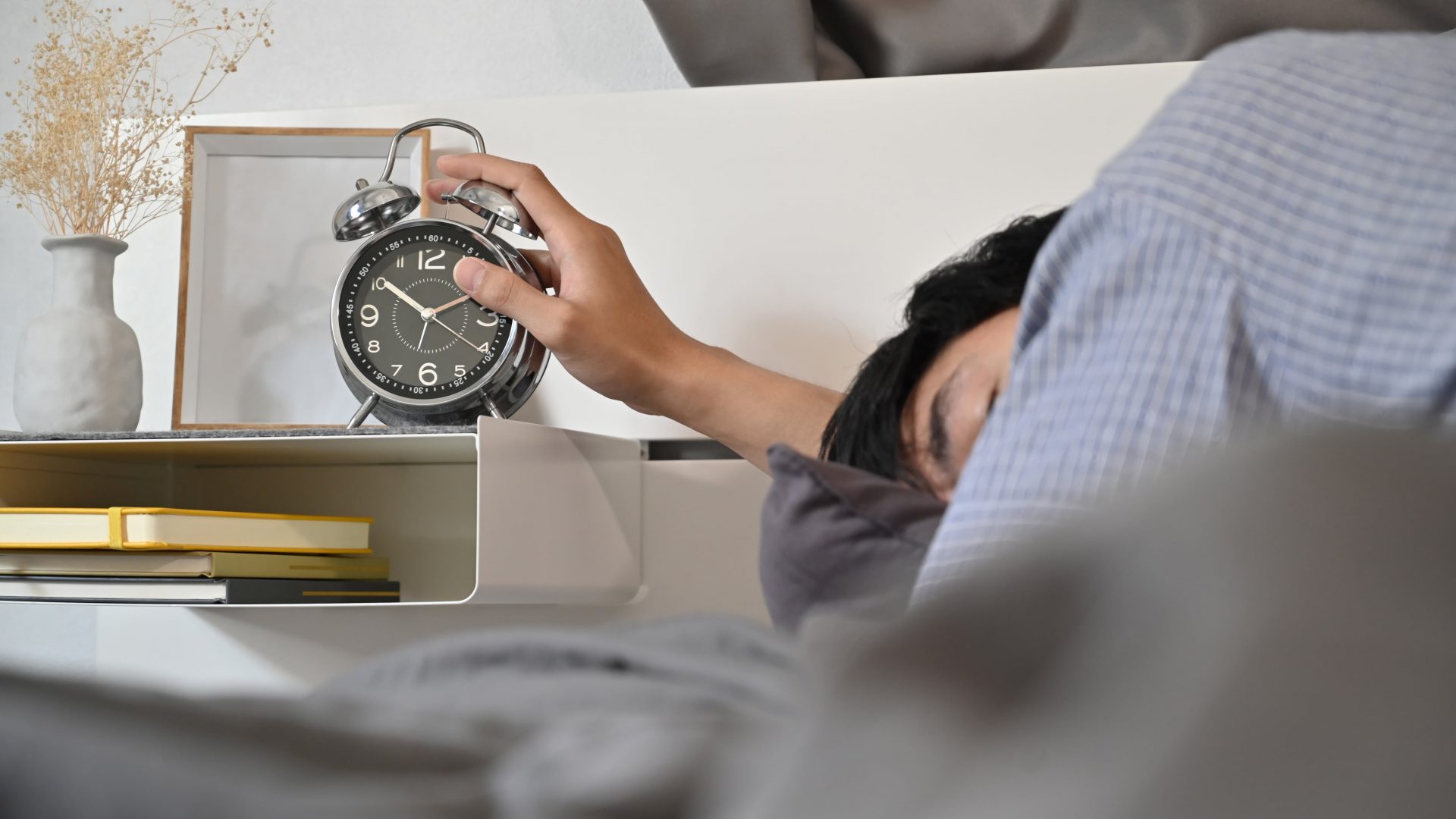
Insomnia is one of the most problems that result in many health problems for the body, the most prominent of these problems caused by insomnia is poor concentration and poor general performance, which results in several problems at work and then the occurrence of many unimaginable risks. Insomnia and lack of sleep cause many health problems that affect the performance of the body and make it unable to perform various tasks, on top of which is the performance of its work with concentration and effectiveness. If you are one of those who suffer from insomnia and lack of sleep, here is this article that will definitely find a solution to this problem between its lines.

Symptoms of insomnia and lack of sleep
There are many symptoms that appear on those who suffer from insomnia and lack of sleep, the most prominent of which are the following:
Difficulty falling asleep at night
• Waking up at night
• getting up too early
• Not feeling rested after sleeping at night
• Tiredness during the day and feeling sleepy
• Anxiety, depression and stress
Difficulty concentrating on tasks, paying attention, and remembering
• Frequent errors or accidents
Insomnia causes
There are many causes of insomnia, but the most important causes of insomnia are:
hyperthyroidism;
Hypoglycemia.
psychological problems.
depression and anxiety;
Stress.
Mental and physical stress.
Stress.
Excessive intake of caffeine during the day.
Psychological crisis or trauma.
Various pains in the body, such as pain in the legs or head.
Respiratory problems.
Congestive heart.
Chronic cough.
The effects of insomnia and lack of sleep
If you suffer from insomnia and lack of sleep or difficulty, beware of those damages that may result from it, including:
• Poor concentration and poor performance at work.
• Stress and frustration.
• Various health problems.
• Feeling depressed.
• Respiratory problems.
• Excessive sleepiness during the day.

How to beat insomnia?
You can overcome insomnia and lack of sleep by following the following routine:
• Exclude electronic devices and stop using them at least an hour before bed.
• Avoid excessive consumption of stimuli during the day.
• Avoid naps.
• Adjust room temperature.
• Adjust room lighting to help you relax and fall asleep.
• Drink some drinks that relax the body.
• Do some exercise.

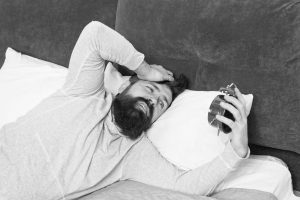
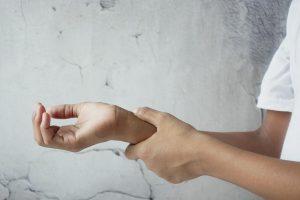
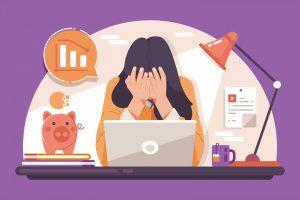
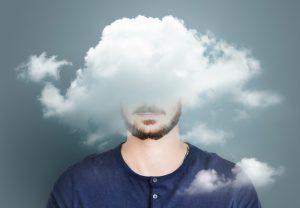
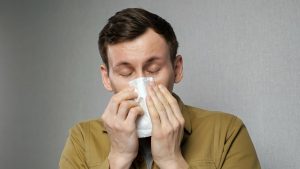
No comment yet, add your voice below!